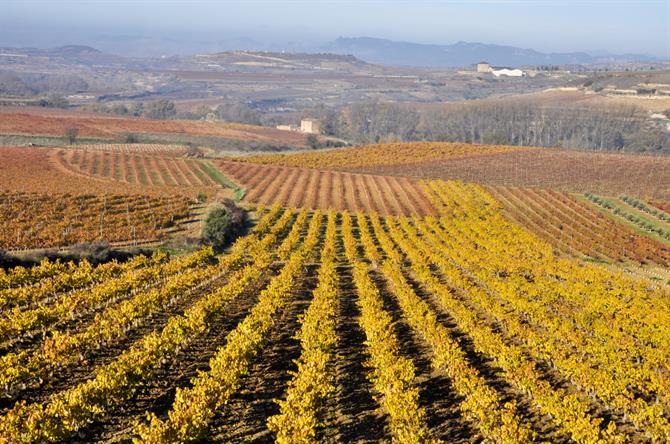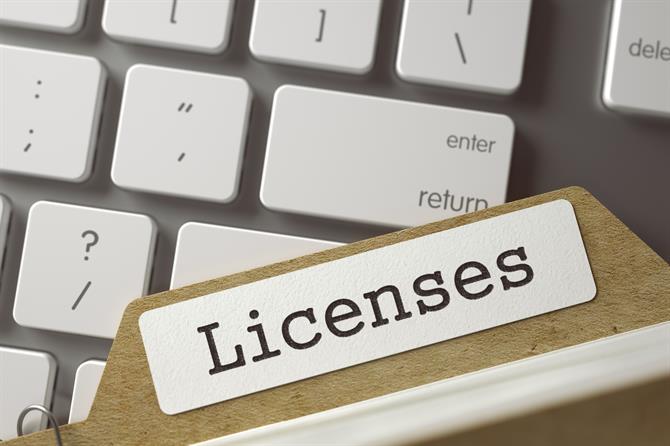La Rioja begins following the trend of the regulation of holiday rental licences of other regions, with the launch of the new General Regulation of Tourism.
After its publication on March 17th, the Decree 10/2017 determines the requirements and guidelines to be followed by all agents and homeowners in the region. Each requirement will come into force on May 22nd, 2017, with a transition period of 6 months. This means that each holiday rental needs to be registered by November.
Despite incorporating many of the measures that other communities already include, La Rioja allows for more freedom with regards to requirements and obligations.

What is a holiday property?
The decree defines holiday rental properties as those conditioned for immediate use and promotion through tourism channels.
Every holiday rental house must be:
Fully furnished
Rented for more than three months a year with minimum periods of one week
Rented as a whole unit. The decree states that is it prohibited to rent out single rooms and properties that are currently inhabited by the homeowner. However, you can rent your property out on a short-term basis under the Urban Rental Law.
Till the release of the decree, all holiday rentals were under the definition of tourism apartments. Properties defined as tourism apartments are dwellings located in the same building, in groups of three or more units.
There are some differences between the decree 10/2017 and other equivalent decrees for other regions. One of the differences is that there is no obligation to place a rental property identification sign outside the accommodation. Also, the decree states that homeowners must check the community rules of the building to verify that holiday rentals are not prohibited.

How to manage and advertise your property
Individual owners, agencies, and companies can all own and manage holiday rental homes. All entities which are renting out a holiday property must provide emergency contact details. The only case in which contact details are not necessary is if the entity provides some form of assistance service very close by. For example, a housekeeper living in the same building/street.
When it comes to advertising your rental property, we advise being careful with what you include in the description. The government of La Rioja indicates that everything included in the description must be true or otherwise, in case of conflict during the rental period, what appeared in the advertisement will prevail to the detriment of the agreement.
The price fixed for the rental price is all inclusive and renters must take into consideration the cost of cleaning and use of all features of the property such as air conditioning and wifi connection. The costs of these features cannot be added onto the final price at a later time.

First steps to apply for a licence
Firstly, you must submit the Commencement of Activity form to the online portal of the Government of La Rioja. Here you will find the file to download the document and the option to submit it online.
At the time of publication of this article, the form titled “Comunicacion previa de inicio: Viviendas de Uso Turistico” was not available from the online portal of the Government of La Rioja. However, Spain-Holiday.com has spoken directly with the Tourism Office in La Rioja and they have confirmed that the form will be available in the very near future.
All current holiday rentals have six months to be registered and one year to match the requirements set out in the decree.
It will be mandatory to include a technical plan of your property using the scale 1:100 or 1:50. This document must detail the interior layout of the property, showing the capacity and dimensions of the rooms. You must also include a copy of the building community rules to prove that the rental property does not violate the rules of the building.
The whole process, from the presentation of the application to receiving your category status, should take a maximum of three months. During this time, the authorities will review all documents submitted and eventually carry out inspections.
